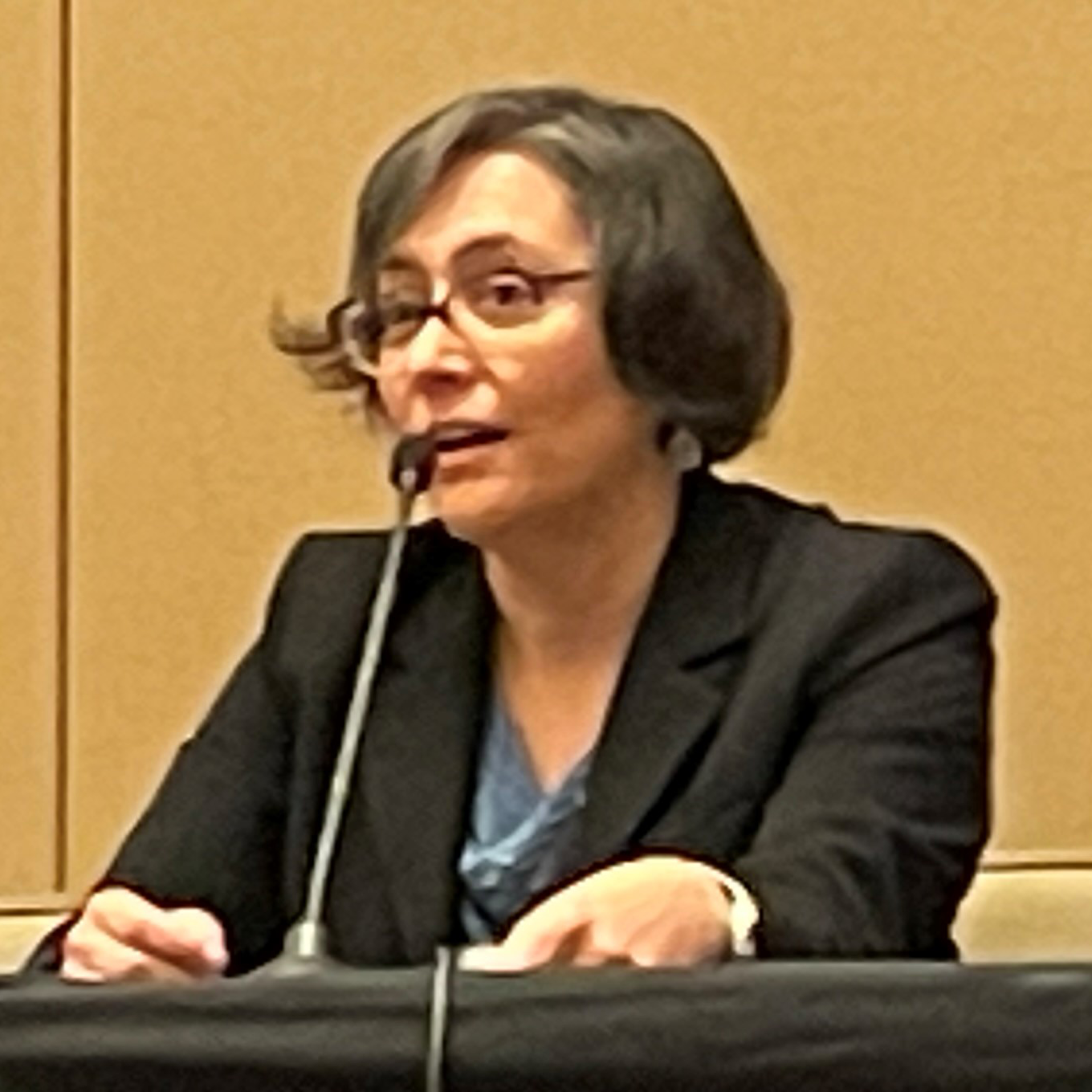AGU24 Town Hall offers guidance on networking, funding, and proposal writing

Early career scientists represent a vibrant and essential segment of the atmospheric sciences community. They include students, postdoctoral researchers, and early-career faculty or staff scientists poised to bring fresh perspectives and energy to the field.
At the 2024 American Geophysical Union (AGU) Annual Meeting in Washington, D.C., a town hall provided a platform to address the challenges and aspirations of these scientists as they navigate the often-demanding early stages of their careers. The session featured candid discussions led by experienced federal science program managers, including the U.S. Department of Energy’s (DOE) Atmospheric System Research (ASR) Program Manager Shaima Nasiri.
Navigating a Path to Success
The town hall began with insights into the skills and strategies crucial for success in atmospheric science. Topics included mastering the intricacies of scientific funding, the art of proposal writing, and strategies for staying relevant in an evolving field. Panelists emphasized that understanding these elements can significantly influence career trajectories.
In a wide-ranging conversation, program managers fielded questions from the audience, addressing concerns about networking and professional development. Panelists shared tips on how early-career researchers can identify relevant funding opportunities, form collaborations, and seek support so that they write successful proposals in a time-efficient manner.
Building Networks with Purpose
A recurring theme was the importance of networking, though panelists encouraged attendees to approach it with intentionality. Nasiri shares practical advice: “Find individuals you genuinely want to work with and find the connection between their work and your areas of interest. As you develop your network, think of whether small and close or large and broad would work best for you and don’t forget to follow up with people.”
The panel also emphasized the power of volunteerism within professional societies and organizations. Nasiri highlighted this as a critical way to both expand networks and gain valuable experience. “Volunteer,” she says. “Create your own opportunities, and when you take them on, excel. These efforts can pay off by positioning you for success in both funding and career growth.”
Demystifying the Funding Process
A significant portion of the town hall addressed questions about funding—a constant concern for early-career researchers. Panelists outlined practical steps for identifying and applying to relevant funding opportunities. They stressed the importance of leveraging institutional resources to craft compelling proposals, whether as pre-proposals, letters of intent, or full submissions.
One federal program manager offered a critical piece of advice: “Ask. Once you’ve carefully read the proposal call, reach out to the program manager and ask questions. It’s our job to give you the right information, and the best outcome may be that you don’t waste your time writing a proposal that doesn’t fit what we are looking for.”
Another federal program manager recommends drafting a concise, one-page abstract outlining key research questions before engaging with program managers. This approach clarifies science questions and helps to ensure a productive conversation.
Nasiri underscored the importance of tailoring submissions to the appropriate programmatic area. “With DOE,” she noted, “you must ensure your proposal aligns with the right program. You don’t have to guess—reach out to us if you’re unsure.”
In closing, Nasiri offers a final piece of advice that was met with nods of agreement across the panel: “Your senior colleagues might not always be the best source of advice for proposal preparation,” she advises. “The landscape has evolved, and strategies that worked for them when they were starting out may not position you for success in today’s competitive environment. When in doubt about how to read a funding opportunity or what a program is looking for, don’t try to read between the lines. Ask the program manager.”
# # #Author: Mike Wasem, Staff Writer, Pacific Northwest National Laboratory
This work was supported by the U.S. Department of Energy’s Office of Science, through the Biological and Environmental Research program as part of the Atmospheric System Research program.

